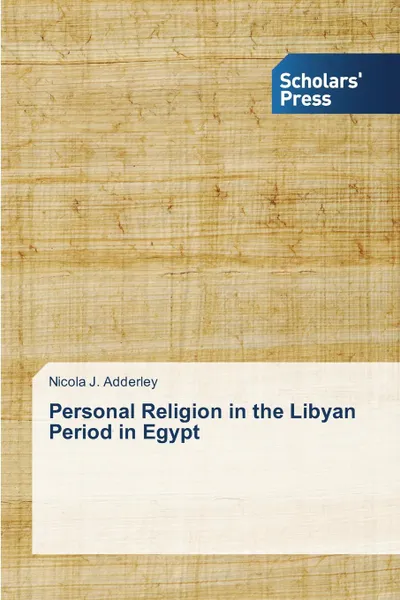Personal Religion in the Libyan Period in Egypt 12+
Автор: Adderley Nicola J.
372 страницы
Категория: Учебная литература
ISBN: 9783639769579
Язык: Английский
📙 Personal religious beliefs pervaded numerous aspects of the lives of people in Egypt during the Libyan Period (c. 1069-715 BCE), from names, personal adornments and household objects to activities within the wider community. Particularly prominent themes in the everyday religious practices are protection from harmful animals, the promotion of fertility and protection during pregnancy and childbirth, reflecting common concerns experienced by people in their daily lives. Many textual sources, including biographical inscriptions and literary texts, reveal an intimate personal relationship between each individual and the god, in which the deity acted as protector of his devotee; these sources, together with graffiti, also demonstrate the emphasis placed on the perpetuation of a person's name after death. Also noteworthy is the importance of oracles as a means of receiving communication from the god, particularly in the resolution of disputes.
Мнения
